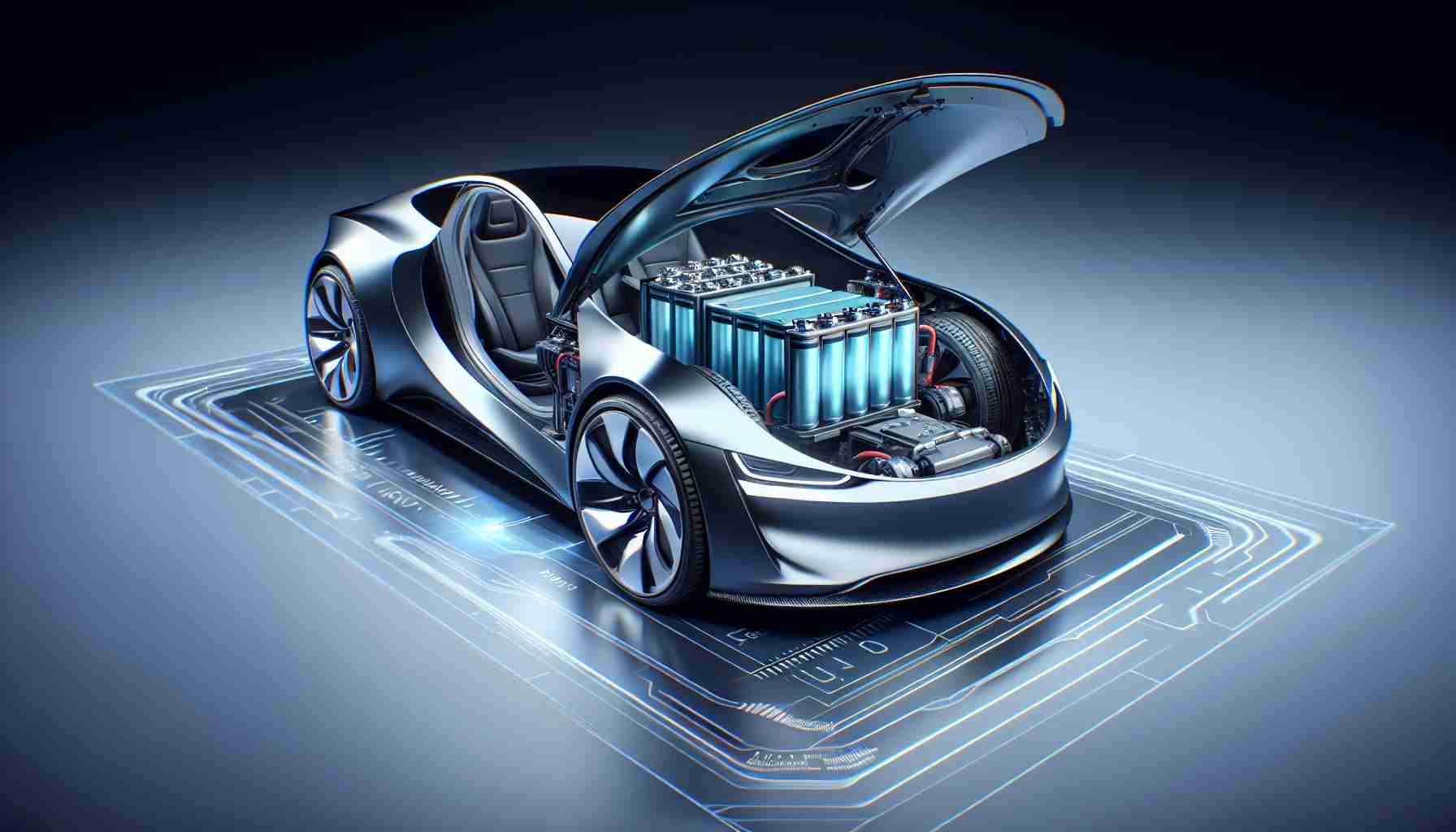The Next Generation of Electric Vehicles: Solid State Batteries

The current technological evolution in the electric vehicle (EV) industry signifies a massive shift toward sustainable transportation, largely due to the development of solid state batteries. These batteries offer a significant enhancement over their predecessors by providing greater energy storage, improved safety features, and remarkably quick charging times.
Solid state batteries stand to alleviate the prevalent EV concern known as “range anxiety,” as they come much closer to mimicking the convenience of fueling a gasoline-powered car. This new battery technology paves the way for electric vehicles to become more practical for a broader audience, promising easier adoption due to the reduced charging duration and increased operational dependability, even in harsh environmental conditions.
Interior design benefits too, with solid state batteries enabling more spacious vehicle interiors, raising the comfort level for passengers. Nonetheless, the transition to solid state battery technology involves overcoming the challenges of cost-efficient production and adapting the EV infrastructure, such as updating charging stations to accommodate new standards.
In essence, solid state batteries are poised to become a cornerstone in the EV market, paving the way to escalated EV adoption rates. As industry specialists keep a close eye on the developments, this innovation is expected to take the forefront in the quest for greener transportation options.
For those delving into the future of electronic vehicles and the impact of cutting-edge battery technology, reliable sources including Bloomberg, Reuters, and The Wall Street Journal offer valuable ongoing analysis and insights. These platforms continue to track the promising integration of solid state batteries into EVs, suggesting that these vehicles are not just an eco-friendly alternative but a judicious choice for modern consumers.
The anticipated advent of solid state batteries is set to revolutionize electric vehicles, presenting a powerful, practical, and eco-conscious future for the automotive industry.
The Electric Vehicle Industry and Market Forecasts
The electric vehicle (EV) industry is at a pivotal point in its growth, and solid state batteries are expected to play a critical role in this transformation. According to market research by firms like BloombergNEF, the global market size for electric vehicles is forecasted to grow exponentially, buoyed by both consumer demand and supportive government policies aimed at reducing carbon emissions. By 2040, EVs are expected to represent a significant portion of new vehicle sales worldwide, based on projections.
Factors driving this growth include technological advancements, falling battery prices, and the expansion of charging infrastructure. However, market adoption of EVs also hinges on addressing issues such as the cost of vehicles, charging time, and battery life. Solid state batteries, with their higher energy density and safety, answer many of these concerns, which could accelerate the adoption curve, enhance market forecasts, and support more ambitious carbon reduction targets.
Challenges and Issues in Solid State Battery Integration
While the promise of solid state batteries is substantial, several hurdles remain in the widescale deployment of this technology. High manufacturing costs, limited production at commercial scale, and the need to develop new manufacturing techniques are primary challenges that industry players must tackle. Additionally, the current infrastructure needs upgrades to support the fast charging capabilities of solid state batteries, entailing significant investment.
Market leaders in the EV battery production space, such as Panasonic, LG Chem, and CATL, are investing heavily into R&D to address these issues. Over time, these investments are expected to bring down costs through economies of scale and technological breakthroughs, thereby enabling competitive pricing of EVs.
Regulatory Environment and Industry Impact
Legislation and regulations play a crucial role in shaping the EV industry’s future. Many countries are implementing strict emission standards and offering incentives for EV purchases, which directly affect consumer behavior and industry economics. Regulations might also influence the pace at which solid state battery technology is adopted, by incentivizing technological shifts or subsidizing infrastructure developments.
The successful integration of solid state batteries into the mainstream market is anticipated not only to benefit consumers through improved vehicle performance but to also offer broader environmental benefits by reducing greenhouse gas emissions and the dependence on fossil fuels.
Conclusion and Further Research
As the solid state battery technology matures and becomes more accessible, it stands to redefine the EV landscape, making electric vehicles more appealing to a wider audience. Following the progress of this technology is crucial for stakeholders in the automotive and energy sectors, investors, and policymakers.
For those interested in keeping up to date with the latest developments in electric vehicles and energy storage solutions, it is recommended to regularly check reputable news sources and market analysis platforms such as:
– Bloomberg
– Reuters
– The Wall Street Journal
These sources offer current insights into market trends, technological advances, and the key players shaping the future of transportation. Solid state batteries are not just a technological advancement; they are a pivotal shift towards a cleaner, more efficient, and more sustainable mode of transportation for the future.
Source : ytech.news



